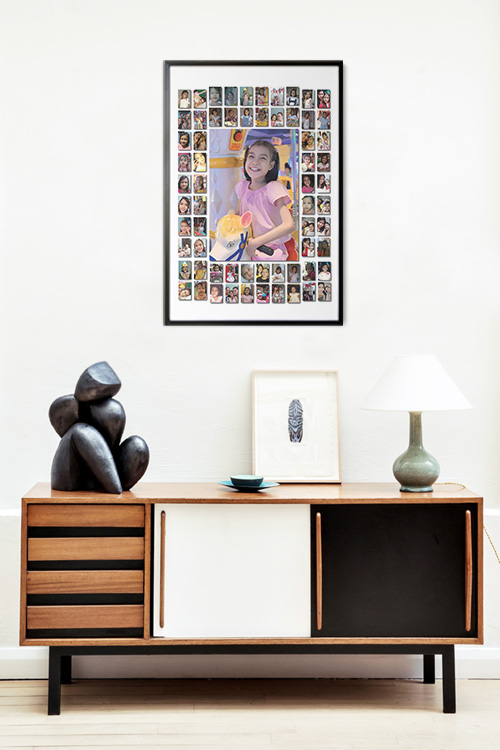Smart and Stylish: 10 Tips for Designing a Kid-Friendly Living Space

Designing a kid-friendly living space involves creating a safe, fun, and functional environment that accommodates both children’s needs and the overall aesthetics of your home. Here’s a comprehensive guide with essential tips to help you achieve this:
Safety First
Creating a safe environment is paramount. Install childproof locks on cabinets, cover electrical outlets, and secure heavy furniture to prevent accidents. Choose non-toxic materials for furniture, flooring, and paints.
Durable Furnishings
Opt for sturdy and easy-to-clean furniture. Consider washable slipcovers for sofas and chairs, and choose tables with rounded edges to minimize the risk of bumps and bruises.
Storage Solutions
Encourage organization by incorporating plenty of storage options. Use bins, baskets, and cubbies at accessible heights for toys, books, and art supplies. Labelling containers can help kids learn to tidy up.
Flexible Layout
Design a versatile layout that allows for different activities. Create zones for play, study, and relaxation. Use rugs and furniture arrangements to define these spaces while maintaining flow and accessibility.
Color and Decor
Incorporate vibrant colors and playful themes that appeal to children without overwhelming the space. Consider removable wall decals or murals that can be easily updated as your child’s interests evolve.
Child-Friendly Materials
Choose materials that are easy to maintain and resistant to wear and tear. For flooring, consider hardwood with rugs for comfort and warmth. Avoid delicate fabrics that are difficult to clean.
Interactive Elements
Integrate interactive elements like chalkboard walls, Magnetic boards, or a reading nook with bean bags or cushions. These features encourage creativity and provide dedicated spaces for imaginative play.
Safety Zones
Create designated safety zones, especially for younger children. This could include soft mats or rugs in play areas to cushion falls, or gates to restrict access to stairs or other hazardous areas, providing you with peace of mind.
Accessible Art Display
Showcase children’s artwork in frames that are easy to update. Create a low, child-friendly gallery wall where kids can proudly showcase their latest creations, fostering a sense of pride and ownership in their living space.
Inclusive Design
Involve children in the design process where possible. Their preferences and interests can be a source of inspiration, and seeing their ideas come to life can be a rewarding experience for both you and them.
In a Nutshell
Designing a kid-friendly living space involves a balance of safety, functionality, and creativity. By prioritizing durable materials, interactive elements, and adaptable design features, you can create a space where children can play, learn, and grow, while seamlessly blending with your home’s overall decor. Creating such space not only enhances your child’s daily life but also fosters a positive environment for family bonding and shared experiences.




